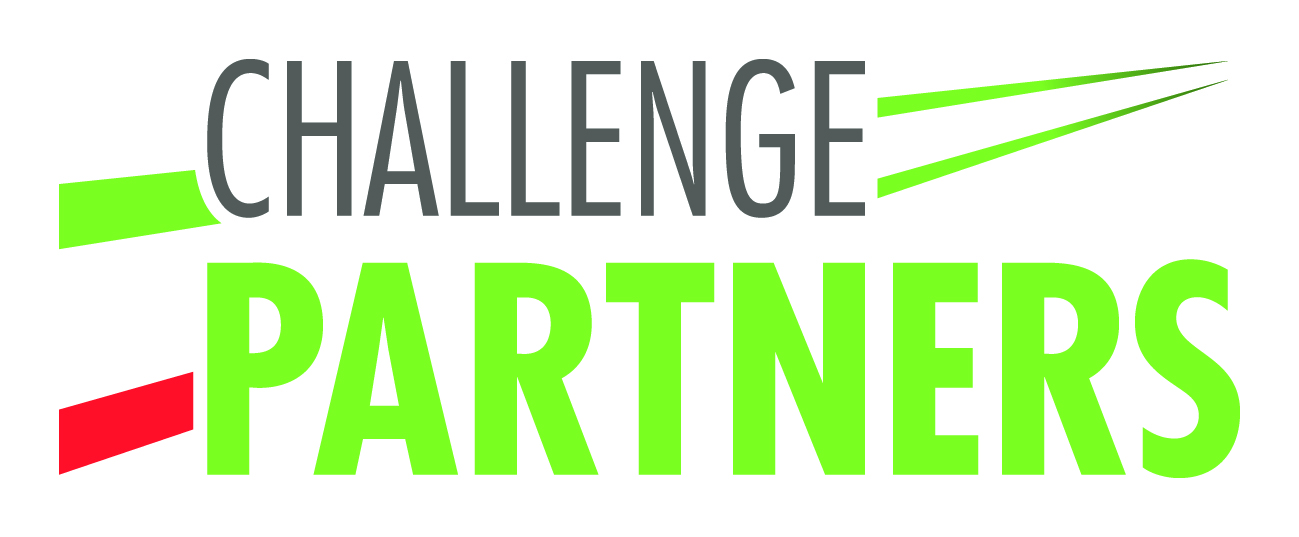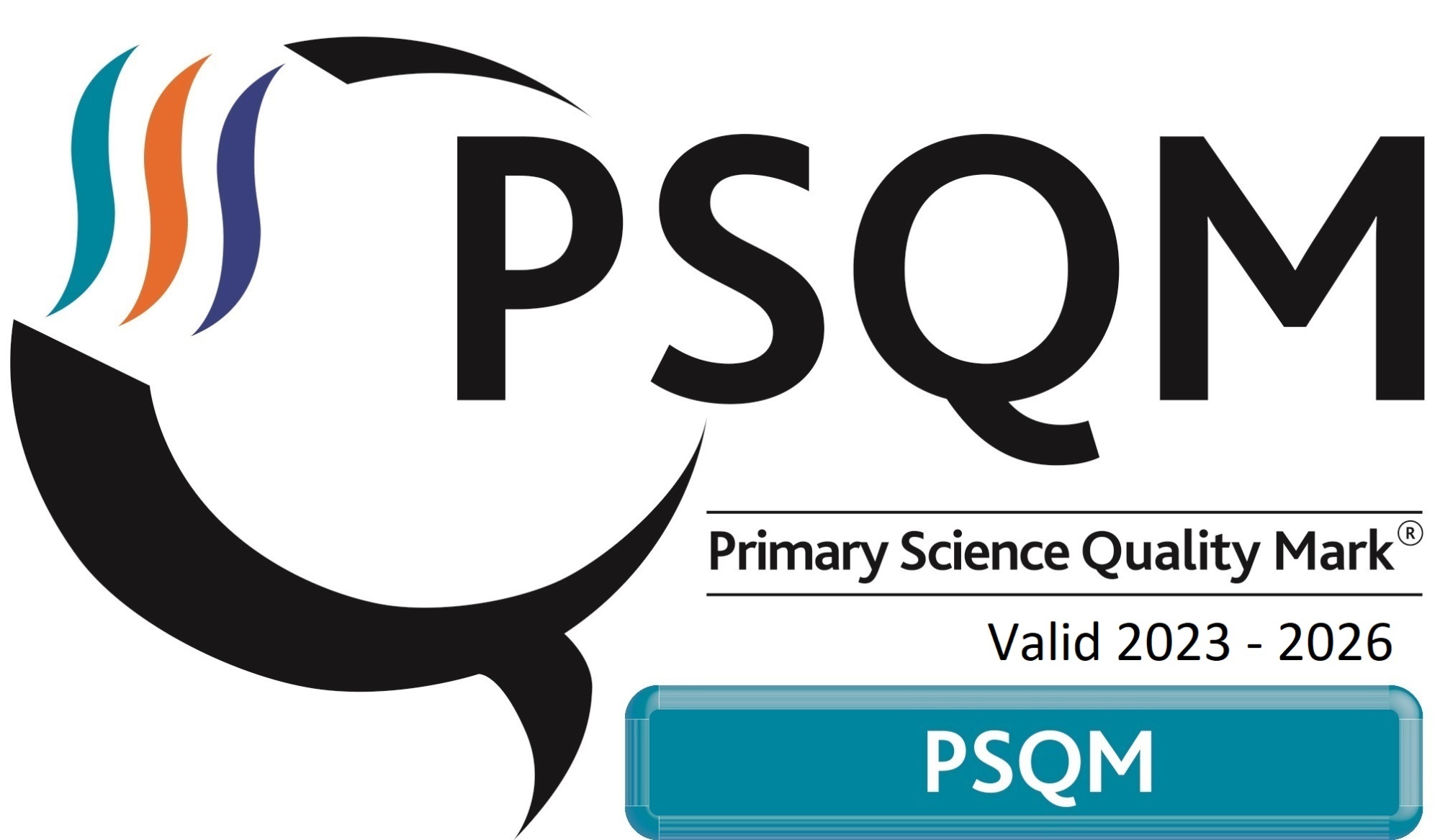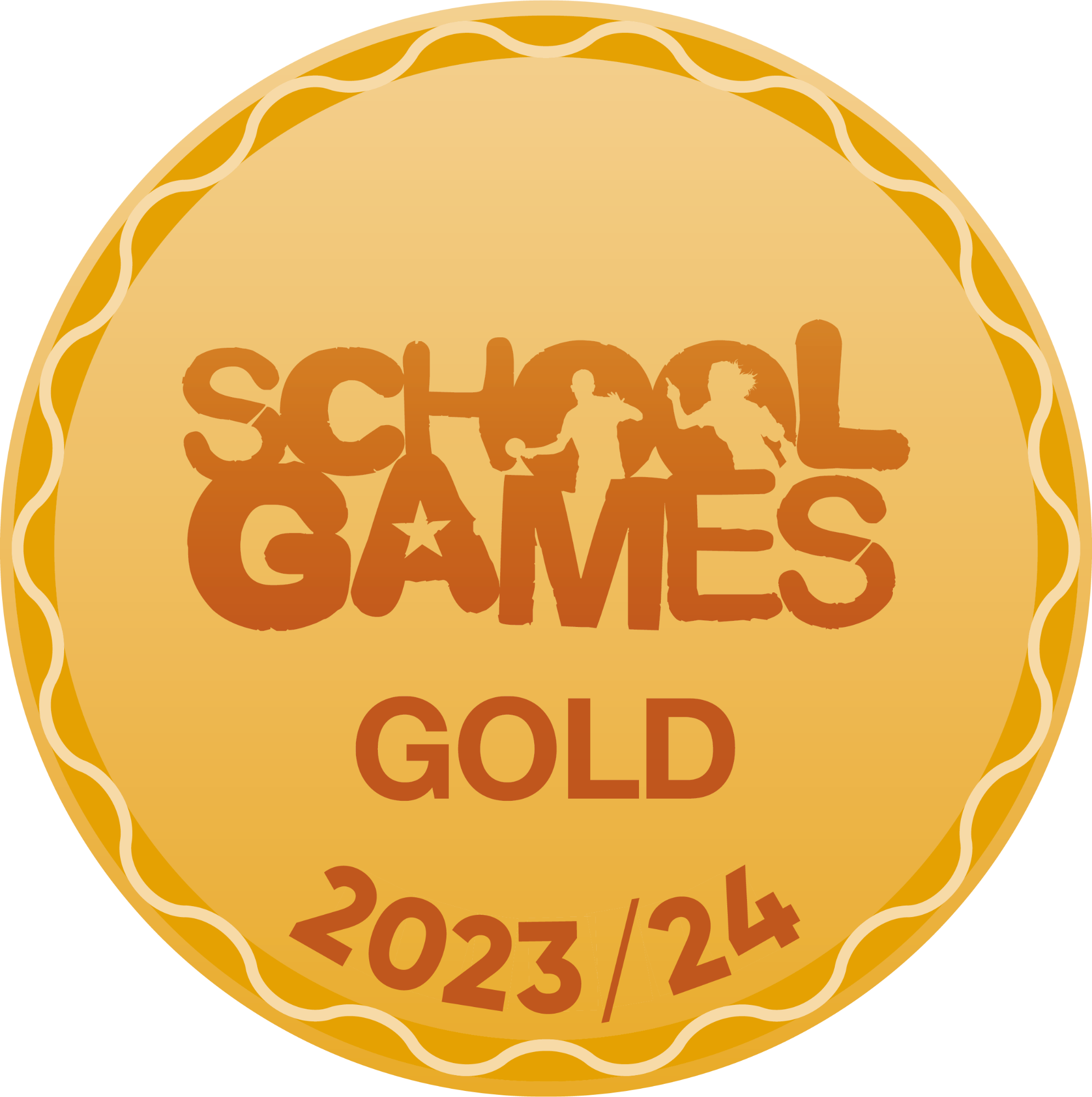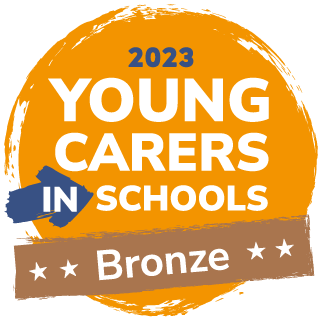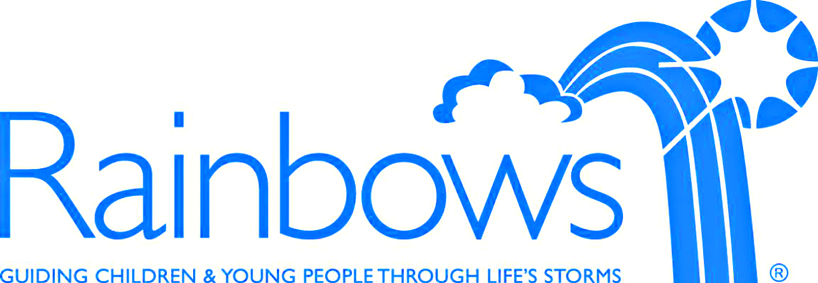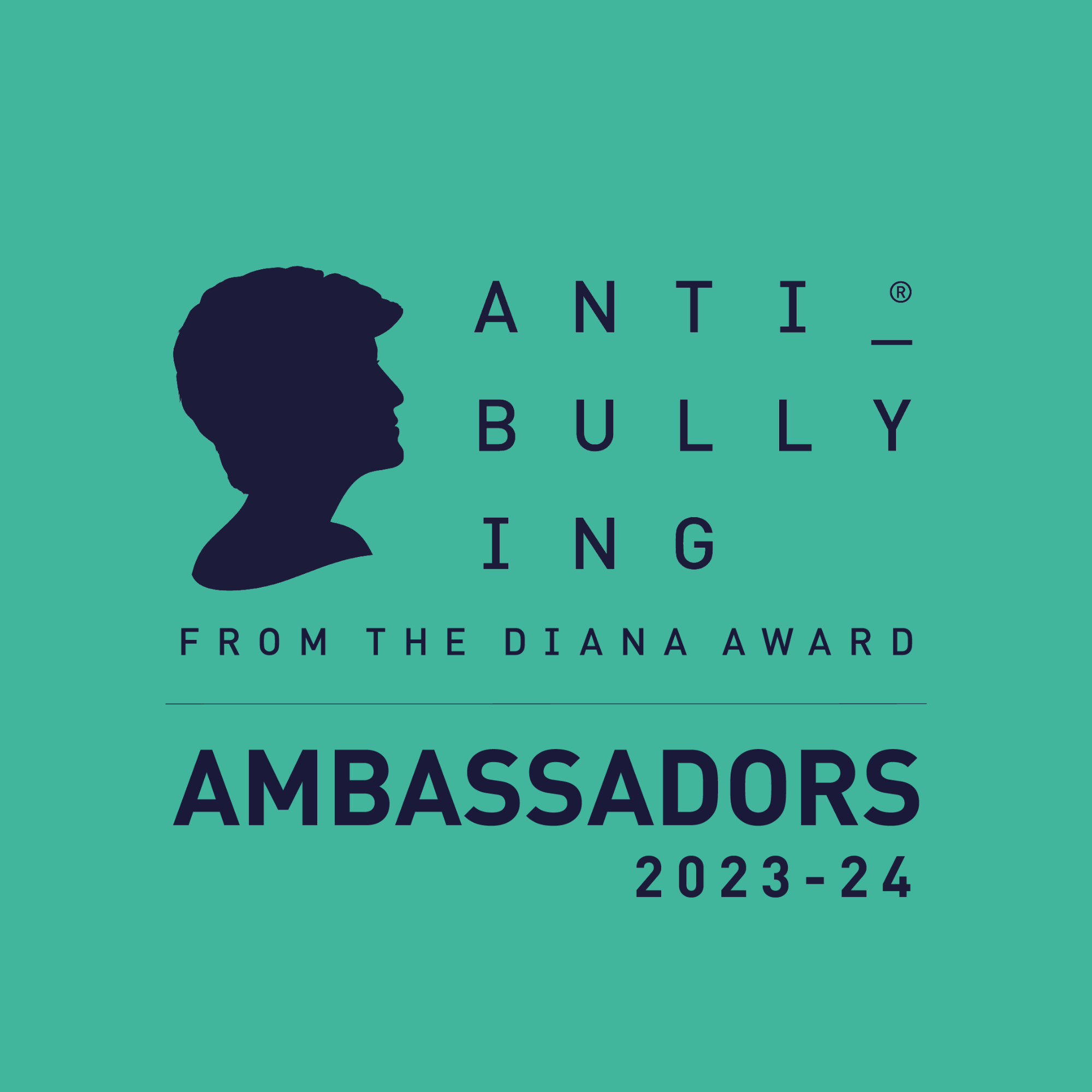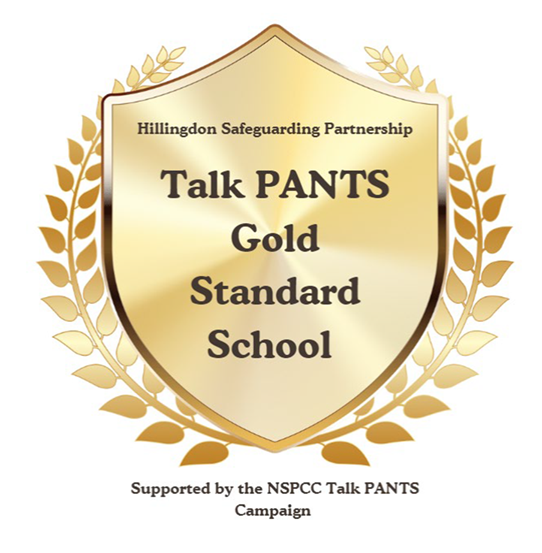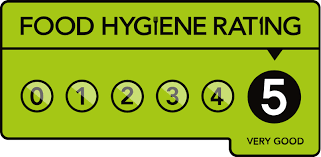Music
William Byrd is a Music Mark School!
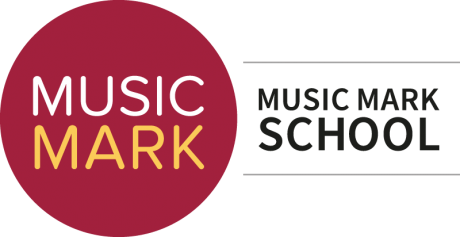 We are proud to have been accredited as a Music Mark school 2024. We have been awarded this status in celebration of our commitment to a broad and balanced curriculum which values music and supports access to music for all children.
We are proud to have been accredited as a Music Mark school 2024. We have been awarded this status in celebration of our commitment to a broad and balanced curriculum which values music and supports access to music for all children.
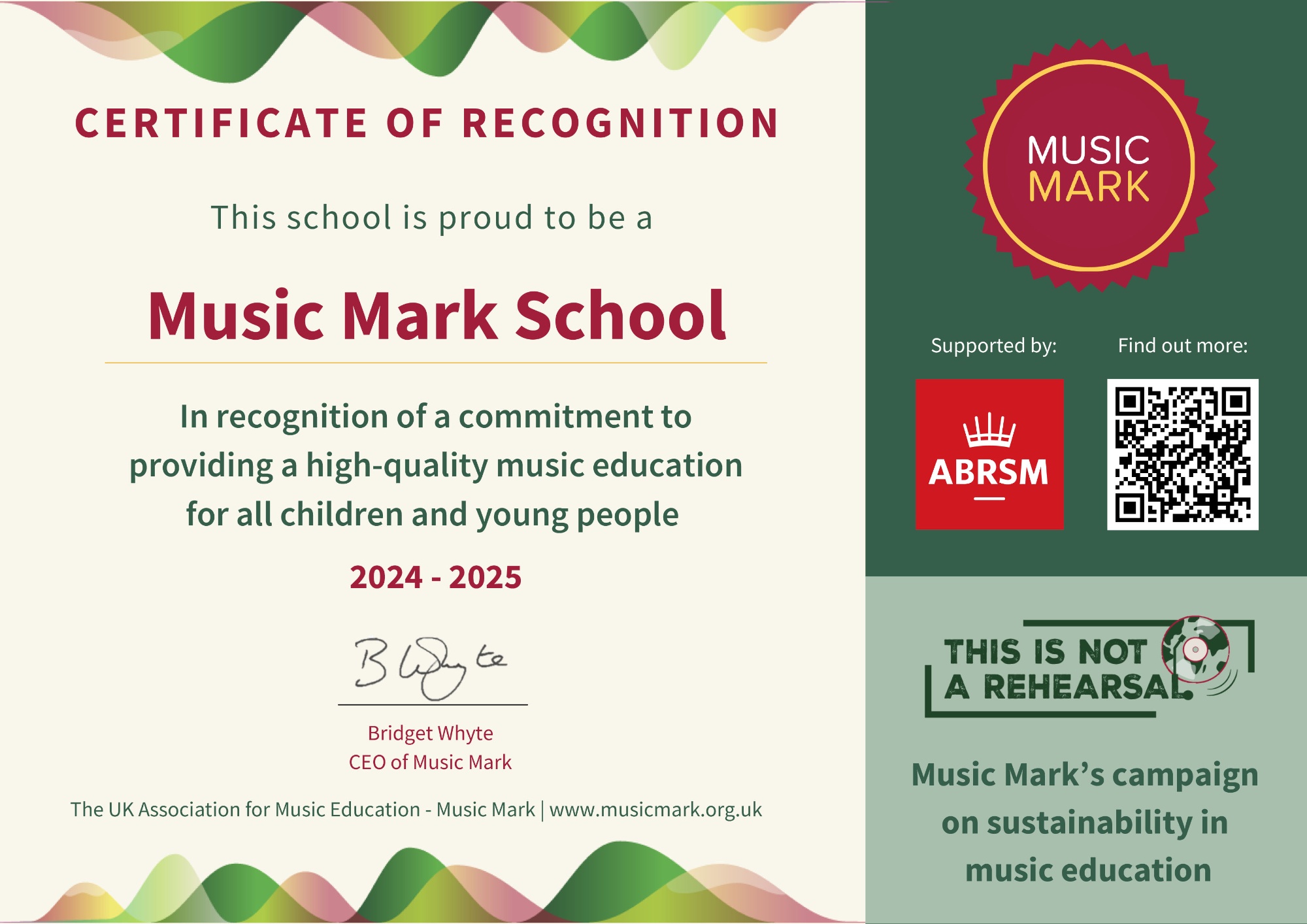
Intent
At William Byrd we aim to provide an enjoyable and challenging music curriculum which gives all pupils the opportunity to sing, play, create and perform, both individually and collaboratively. Lessons are inclusive and developmentally appropriate for different age groups and specific needs of the children, while still allowing opportunities for students to stretch and challenge themselves.
The music curriculum is designed to build a musical foundation and build on skills and knowledge throughout the years. Pupils will become confident in in their ability to create, compose, perform and listen. Children will leave KS1 with good understanding of a variety of rhythms and pitches and basic knowledge of stick notation, using crotchets, quavers and rests. They have learnt and practised key glockenspiel skills through taught exercises and composition activities. Pupils have also been exposed to music from all genres (classical, pop, jazz, rap). As students progress through KS2 they become more confident in their singing and musical skills on a variety of tuned and untuned percussion instruments. Students have a more in depth understanding of the inter-related dimensions of music and can describe music using key terms (pitch, pulse, rhythm, tempo, dynamics). They have an increased awareness of different genres of music and music from other countries and can improvise and create music in different styles and metres, including compound time. Pupils can read and transcribe stave notation using simple and compound time, complex rhythms, including dotted rhythms, and a full diatonic scale. Children will move onto KS3 with a passion to learn and share their love of music.
Implementation
To ensure our music provision at William Byrd is high standard, we have a two-tiered approach to music.
- For 2 terms a year, music will be taught by the class teacher using the Charanga platform (focusing on the listen, appraise, learn, perform, improvise model). The music curriculum is made up of half-termly units, with step-by-step progression, always building on prior knowledge and skills, giving children the opportunity to consolidate, deepen and progress their rich musical skill set.
- For 1 term a year, Years 1-6 will each be taught instrumental music by Hillingdon Musical Services. They will learn a different instrument each year to help widen their repertoire while still focusing on our key curriculum:
- YR1 - Glockenspiel
- YR2 - Djembe
- YR3 - Recorder
- YR4 - P Buzz
- YR5 - Ukulele
- YR6 - Samba Drumming
You can learn more about Hillingdon Music Services here: https://www.hillingdon.gov.uk/music-schools-programme#Whole%20class%20music%20lessons
Child will also have additional performance opportunities like seasonal in-school performances and shows give students the exciting experience of performing before an audience. We also participate in the national Young Voices program, where we bring up to 100 pupils to Wembley Arena each year to perform a curated suite of songs and dances (including BSL).
Teachers create a positive learning environment through positive classroom management, and singing led, child focussed lessons. The school has a dedicated space for music and music displays. Children receive access to high quality music resources and instruments to reinforce the ambitions of the curriculum.
EYFS
In Nursery and Reception children begin to experience making music together in their 30 min weekly curricular music lessons. Through singing games, songs, rhymes and listening activities, children learn to recognise and recall songs, pitch match and begin solo and small group singing. EYFS children begin learning ensemble skills with glockenspiel and other percussion instruments.
Impact
Music lessons are monitored by senior leaders and curriculum leads , using a variety of strategies such as lesson observations, staff discussion and regular ‘Pupil Voice’ surveys. Feedback is used to inform improvements in the implementation of music.
Recordings of the children are kept to monitor the progression of skills across the children’s academic career, giving pupils the chance to display their musicianship skills and understanding of the key musical elements through demonstration and discussion. Children are able to talk about what music means to them, culturally and individually. They understand with increasing confidence, the cultural impact of music on the world around them and the role that their own culture has contributed to this.
Children will go on to the next stage of education with detailed and foundational knowledge that will help them to pursue music in the future should they choose to.



